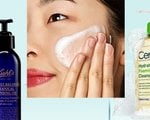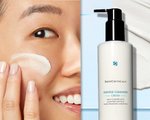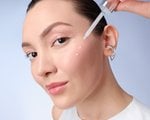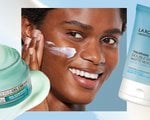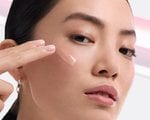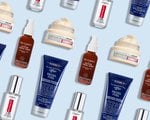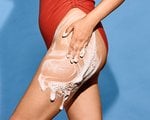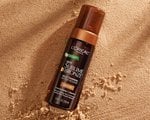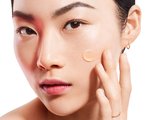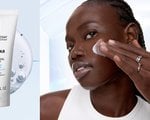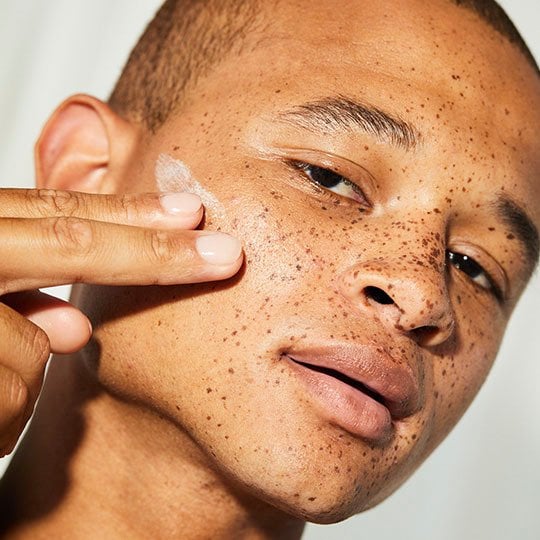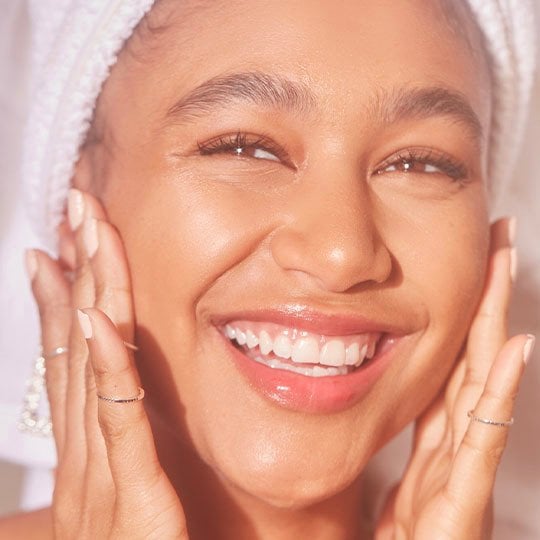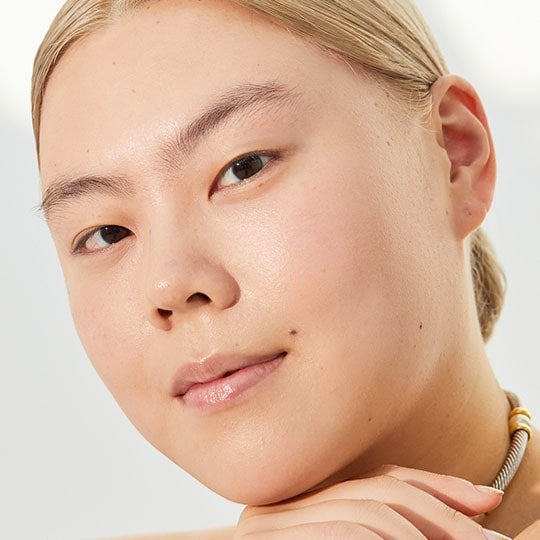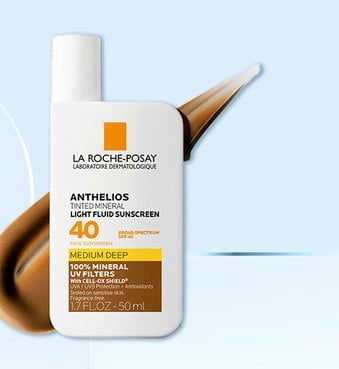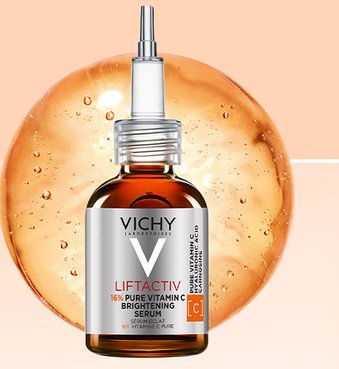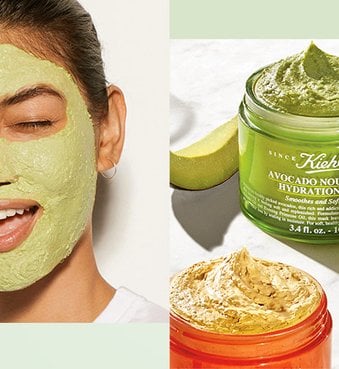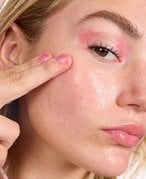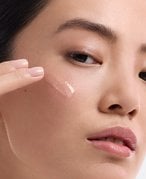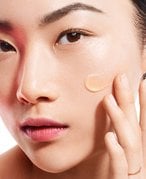Ask the Expert
Do you really need to use an eye cream? What is a chemical peel...exactly? We ask our consulting dermatologists to answer common—and not-so-common—skin care questions, here!Latest Articles
Recommended Articles
-
![photo of person touching their face]() Ask the ExpertHydrating vs. Moisturizing: What’s The Difference?3/24/2025
Ask the ExpertHydrating vs. Moisturizing: What’s The Difference?3/24/2025 -
![A person applying retinol to face]() Ask the ExpertHow To Combine Vitamin C, Retinol, and Hyaluronic Acid12/19/2024
Ask the ExpertHow To Combine Vitamin C, Retinol, and Hyaluronic Acid12/19/2024 -
![4 women with different skin tone complexions]() Ask the ExpertHow To Determine Your Skin Tone and Undertone12/4/2024
Ask the ExpertHow To Determine Your Skin Tone and Undertone12/4/2024 -
![person looking at the camera]() Skin DiscolorationHow to Address Dark Spots10/28/2024
Skin DiscolorationHow to Address Dark Spots10/28/2024 -
![Photo of a woman and applying moisturizer to her cheek]() Ask the ExpertWhat Is the Correct Order to Apply Skincare Products?9/17/2024
Ask the ExpertWhat Is the Correct Order to Apply Skincare Products?9/17/2024 -
![person wearing makeup swatch]() Ask the ExpertThe Difference Between Tinted Moisturizer, BB Cream, and CC Cream ...8/7/2024
Ask the ExpertThe Difference Between Tinted Moisturizer, BB Cream, and CC Cream ...8/7/2024
